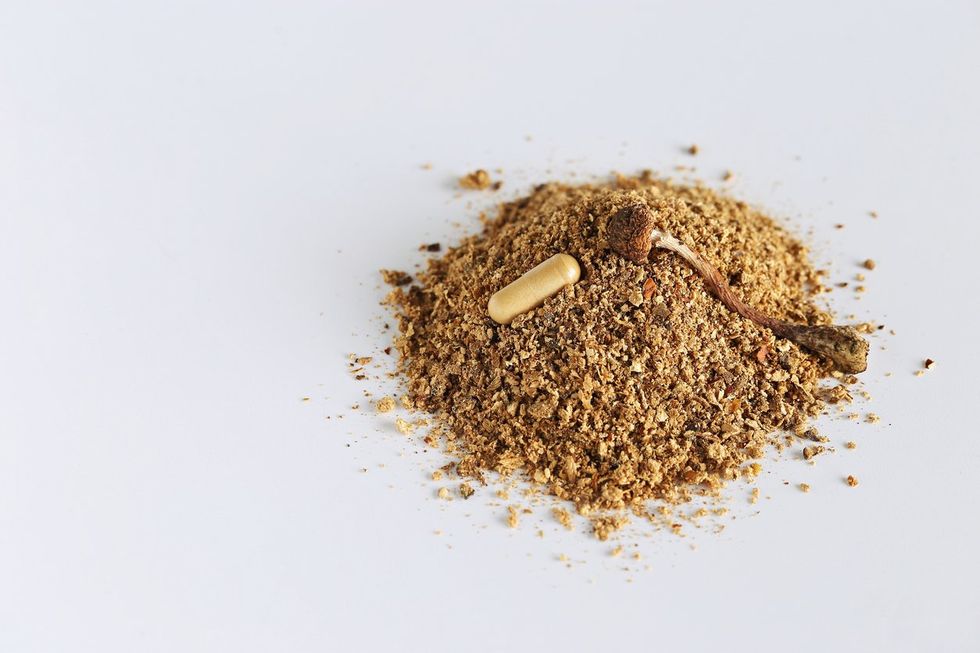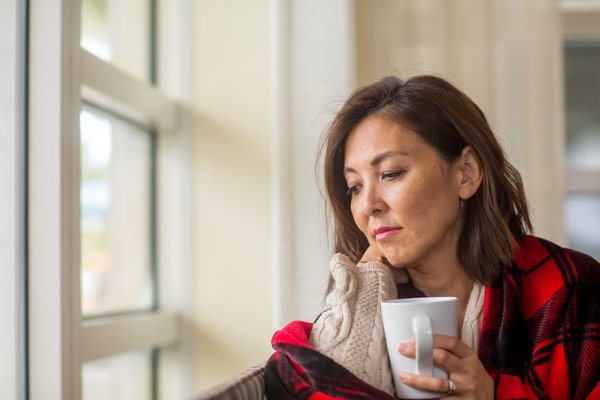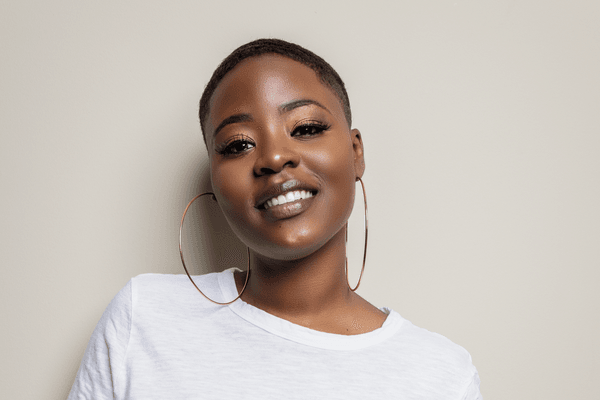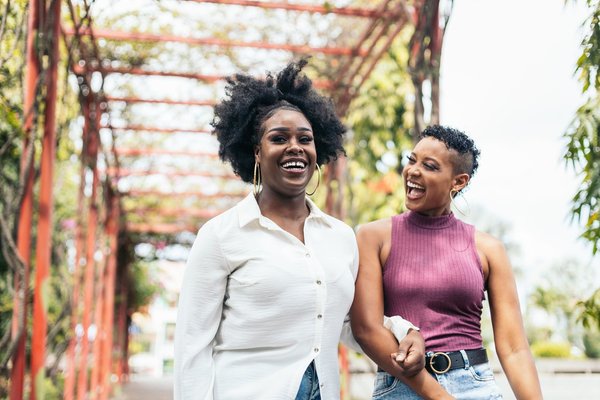Do you remember the scene in “Alice in Wonderland” when Alice nibbles on a mushroom so she doesn’t grow too big or shrink too small? That’s pretty much the thought process behind microdosing. You don’t take enough of the psychedelic drug to experience a real notable change, but the tiny dose may have mental perks, like reducing anxiety and depression.
Interest in microdosing and magic mushrooms seems to be at an all time high right now. A recent report found that 8 million people in the U.S. used psilocybin, the psychedelic component of magic mushrooms, last year. And about half of those people reported microdosing the last time they used it.
Read: Are Medical Mushrooms Really Magic? >>
The increase in curiosity around microdosing psilocybin may be due, in part, to the its decriminalization over the past few years in several states and cities across the U.S. Decriminalization of magic mushrooms, or shrooms, means that there are no criminal penalties for personal use. However, it’s important to note that psilocybin is still illegal on the federal level, even in states where it’s decriminalized. And the lack of regulation can mean whatever product you’re buying could be fake or contain harmful ingredients.
We asked Jim Grigsby, Ph.D., director of the University of Colorado Denver Center for Psychedelic Research, what you need to know about microdosing and magic mushrooms.
What is microdosing?
Microdosing is taking a very small amount of a psychoactive substance to enhance your mood without the mind-altering side effects.
“Microdosing puts too little of the stuff in your brain to produce a psychedelic experience,” Grigsby said. “Some people report that they get a little buzz off of it, and if so, they may have taken slightly more than needed.”
When you microdose mushrooms, you take a much smaller dosage (5% to 10%) than you would if you wanted to hallucinate or “trip.” And people who microdose generally take these doses on a semi-regular basis — two or three days a week.
How much is a microdose?

iStock.com/los_angela
A microdose typically involves eating about 0.1 grams – 0.3 grams of mushrooms each time.
How to microdose mushrooms
There are different ways to microdose mushrooms. The mushrooms can be chewed up dry or added into a hot tea or a broth/soup. They can also be crushed or put in a coffee grinder and mixed in chocolate or put in gelatin capsules and taken orally.
What happens in the brain when microdosing mushrooms?
A microdose works the same way as a regular dose, just with different effects. The psilocybin is first converted to psilocin, the active ingredient. When it reaches the brain. The psilocin binds to serotonin receptors — especially one called 5-HT2A — which play a role in brain functions like perception and mood. That triggers, on a small scale, a biochemical cascade which is thought to eventually cause reactions at dopamine receptor sites. (Dopamine receptors affect emotions, movement and the reward system in the brain.)
What are the benefits of microdosing mushrooms?
While at least one survey found that people microdosing psilocybin reported improved mood, feeling more connected to other people and cognitive enhancement, the jury is still out on the benefits to and safety of microdosing mushrooms.
“There isn’t any good research on the subject, only observational studies that rely on self-report — no clinical trials or experiments,” Grigsby said. Some research shows people reported improved mood, more energy, productivity, creativity and clear thinking, but there’s no control group for comparison. “Statistically, it’s possible to take into consideration people’s expectations, and that can then explain the entire effect. So, it could be a placebo effect.”
Who shouldn’t try microdosing mushrooms?
There is little research on the effects of microdosing mushrooms and no guidelines regarding who shouldn’t try it. That said, some research suggests repeated microdosing of psilocybin can cause valvular heart disease, so people with cardiac conditions and heart valve problems should be aware of this possible side effect.
Microdosing may also not be good for people with a history of psychosis or a family history of psychosis. “Again, we don't know for sure, but if someone with schizophrenia asked me about it, I’d probably advise against it,” Grigsby said.
What should women and people assigned female at birth keep in mind about microdosing?
Microdosing psilocybin is not recommended for people who are pregnant. “Although the dose is very small, and psilocybin is safe and basically non-toxic, like with many drugs, pregnant and lactating women ought not to try microdosing,” Grigsby said.







